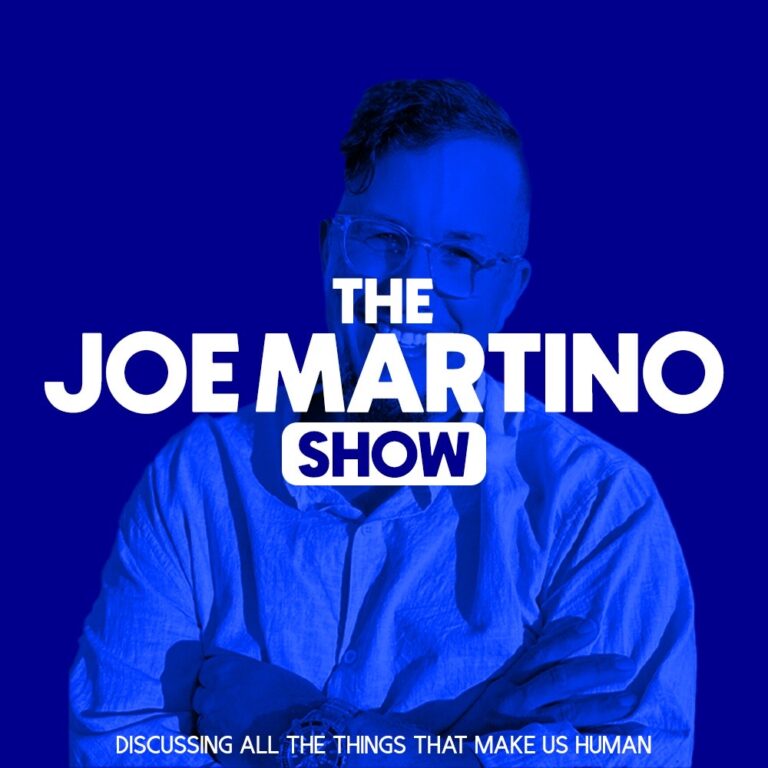I'd like to think that we all want to listen to each other. I would like to believe that almost everyone I meet wants to be an excellent listener.
And yet the chaos of our world often feels overwhelming. It can often seem like everywhere I turn, I see people who are not listening
Even in our quaint little town here in Lowell, you do not have to travel far to find people who are vehemently opposed to each other's viewpoints. Often, they are not afraid to express that disagreement loudly with very little listening happening. Don't believe me, spend a short time on some of the social media sites dedicated to our town's darker side or chatter.
I teach listening for a living, and there are days that I struggle to be a good listener. So this month's article is dedicated to the idea that we want to be good listeners. I want to offer some simple steps that we can all adopt and utilized to be better listeners.
Step one: listen to understand not to respond.
So often, when we listen, we listen to respond; That may actually be a little charitable. We often listen so that we can react as opposed to actually hearing. We listen just long enough to find the points that we disagree on and preparing to pounce on those disagreements. Good listening involves looking for points of agreement. It necessitates listening to understand what the other person is saying and the emotions and feelings they have around those words. We experience events as facts and have feelings around those facts. Good listening seeks to understand the other person's facts and feelings.
Step two: seek to find points of agreement before addressing points of disagreement.
This point is crucial because it is the easiest one for people to overlook and avoid. Often, our world seems to be so divided that it appears that two people who disagree on anything must be enemies.
Banished to the remotest of possibilities is the idea that friends can disagree on important issues. It's as if we can't agree on some things and disagree on others without drawing lines to determine who is for us who is against us.
An excellent communicator seeks to find points of agreement. There will be plenty of time to address disagreements later. But we first must find the points upon which we agree.
When we seek to find common points of agreement, we recognize and honor our shared humanity. All humans bring some level of brokenness to every relationship that we are in. We acknowledge that brokenness by seeking points of agreement.
We have all experienced traumatic events. We have all wept bitter tears of pain and regret. We have all changed our position on different issues. Rare is the person who at 30 believes everything precisely the same way that they did when they were 20. By seeking the points of agreement first, we admit that we don't know everything. We acknowledge that we could be wrong on many things. By pursuing points of agreement first, we infuse humility into the conversation. We find strength in our collective human experience.
Step three: address points of disagreement with kindness and generosity.
We must attempt to address the points of disagreement with respect and graciousness. This will lead to us being kinder.
In today's cancel culture, it seems that people believe they can attack the person with whom they disagree with impunity as long as the attacker has the "moral high ground." But this actually makes us less. It takes away from our shared human experience. Often, it weakens our arguments. The ability to address points of disagreement with kindness and generosity and graciousness mark a mature person. Rarely, is it a great logical argument or a zinger of a put down that changes someone's mind. Instead, it is almost always a relationship and love that brings someone to a different point of view.
Martin Luther King Jr. once famously said, "In fact, violence merely increases hate. Returning violence for violence multiplies violence, adding deeper darkness to a night already devoid of stars. Darkness cannot drive out darkness; only light can do that. Hate cannot drive out hate; only love can do that."
His approach literally changed his world. And there is much work yet to be done in our efforts for unity. I believe that unity will come when we can actually hear each other. When we can listen and learn, we will move the human race forward. We will develop the ability to listen and learn by becoming good communicators.
We must realize the people who disagree with us are not our enemies. And even if they are our enemies, someone famous once said that we should love our enemies.
I was once told that when we love our enemies, we engage the possibility of changing their hearts. How much better would our world be if when we encountered those we disagreed with on moral issues, we still treated them kindly.
We can speak forcefully about things that matter to our hearts and always be kind to those we disagree with.
Recently my company ran an ad that talked about how everyone expects to be judged and encouraged the reader to surprise someone today by not being judgmental. It was one of our most liked ads in the last 12 months. I think that is because most people expect to be judged, and that idea resonated with the readers. we all stand forcefully for what we believe and yet communicate with kindness, respect, and generosity


